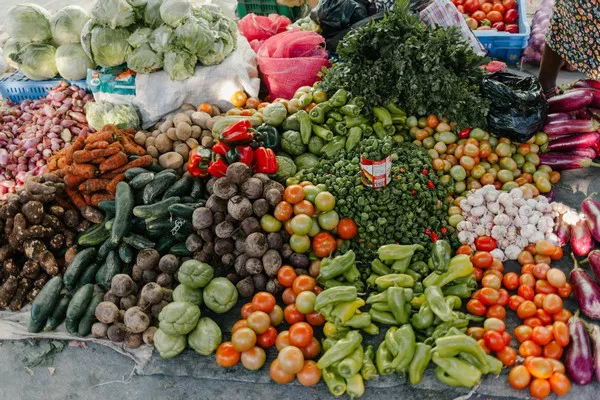Cindy McCain, the Executive Director of the United Nations World Food Programme (WFP), has raised significant concerns over the rigorous inspections of trucks at the Rafah crossing, the main entry point from Egypt into Gaza. According to McCain, these stringent checks have considerably slowed down the flow of humanitarian aid to Gaza, leading to a critical situation of hunger among the Palestinian population. The Rafah crossing, which is under Egyptian control and does not border Israel, has taken on a central role in delivering aid since Israel imposed a “total siege” on Gaza in response to an attack by Hamas militants on October 7.
Negotiations involving the United States, Israel, Egypt, and the United Nations are underway to establish a sustainable aid delivery mechanism for Gaza. These discussions are primarily centered on the procedures for inspecting aid shipments and addressing security concerns on the Gaza side of the border.
Cindy McCain emphasized the urgency of the situation, stating, “We’ve gotten a few – a dribble, just a dribble – of trucks in. We need to get a large amount in. We need safe, unfettered access into Gaza so that we can feed and make sure that people don’t starve to death, because that’s what’s happening.”
While some limited deliveries of food, water, and medicine have occurred since Saturday, the entry of fuel has been prohibited due to Israeli concerns about potential fuel diversion by Hamas.
The World Food Programme managed to send three trucks carrying approximately 60 tons of food into Gaza on Saturday, which would suffice to feed 200,000 people for a day. Since then, one additional WFP truck has managed to cross into Gaza.
The Palestinian Red Crescent reported that they have received 74 aid trucks.
Before the recent hostilities, the average daily number of trucks allowed into Gaza was around 500, as stated by U.N. spokesperson Stephane Dujarric.
UNRWA, the United Nations agency responsible for aiding Palestinian civilians, has nearly depleted its fuel reserves and has started significantly reducing its operations, further exacerbating the humanitarian crisis.
McCain, who recently visited Egypt and held meetings with officials, pointed out that each truck has to unload its cargo at a checkpoint for inspection and then reload it once the check is completed. She noted that while checks are necessary to prevent the smuggling of arms and ammunition, the process should be streamlined for food delivery.
The Egyptian government has not yet responded to requests for comment regarding these concerns.
U.S. officials, including Special Envoy David Satterfield, are actively working in the region to expedite the inspection process, according to State Department spokesperson Matthew Miller.
Cindy McCain stressed the need for $100 million in funding to provide food for over a million people in Gaza until the end of the year. This appeal for financial support comes amidst a broader crisis in funding humanitarian aid due to multiple global emergencies, rising food prices resulting from the conflict in Ukraine, and what McCain referred to as “donor fatigue.”
During her visit to Washington to meet with U.S. officials and lawmakers, McCain acknowledged concerns that aid might be diverted by Hamas militants but assured that the WFP has measures in place to ensure aid reaches those in need. She recognized the challenging circumstances in a conflict zone but pledged to do everything possible to prevent aid from falling into the wrong hands.

